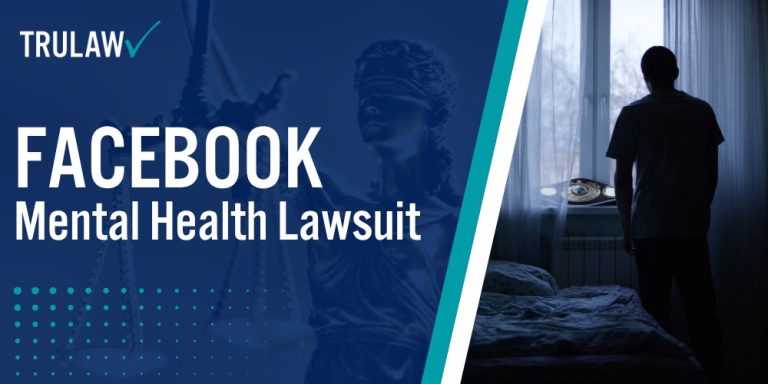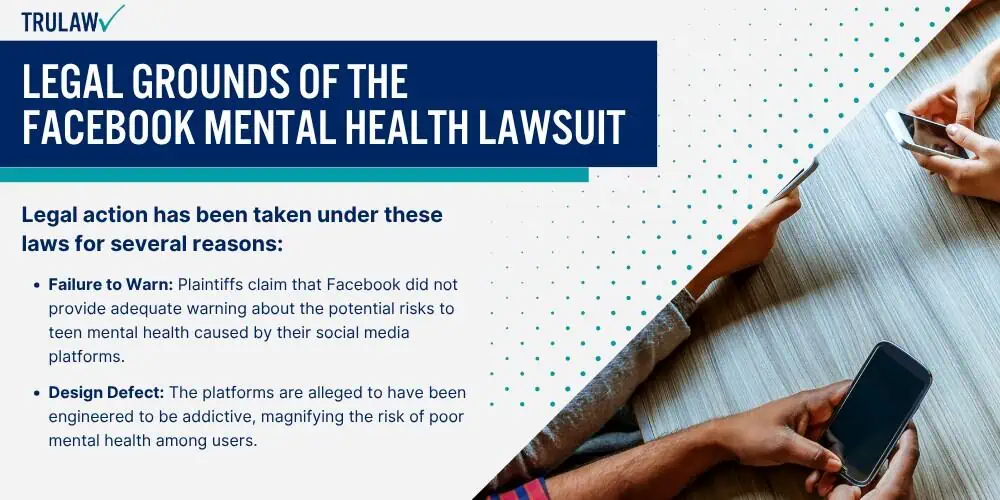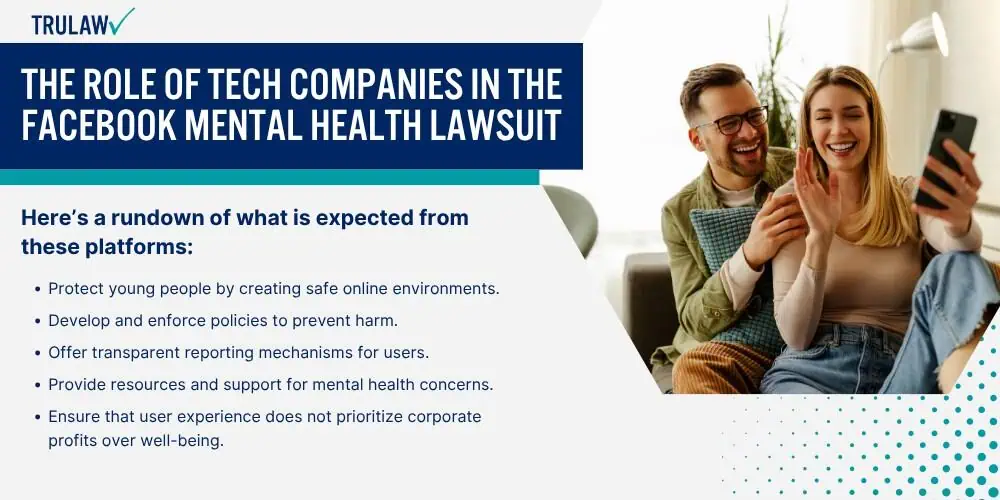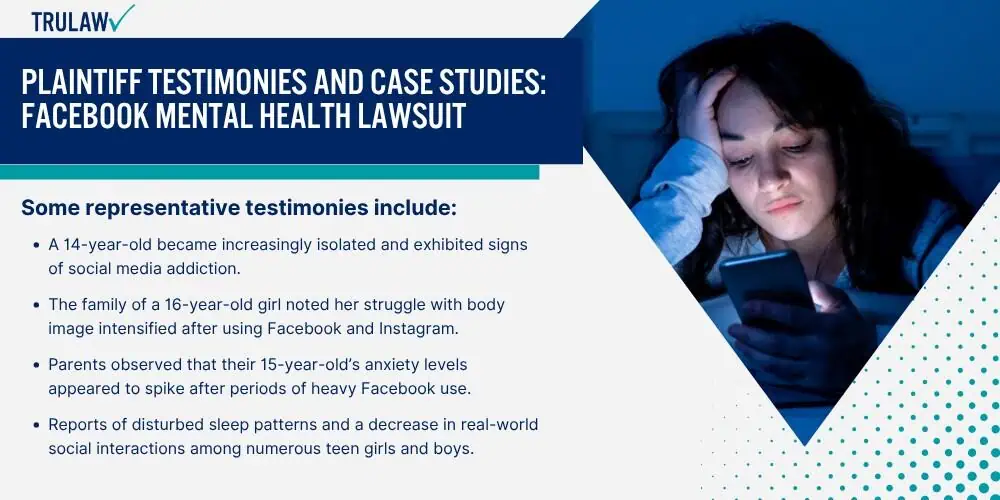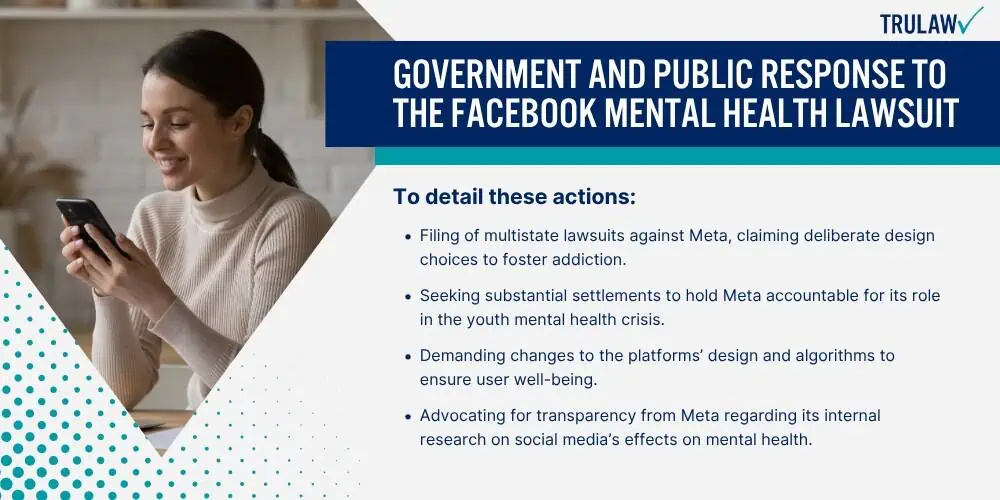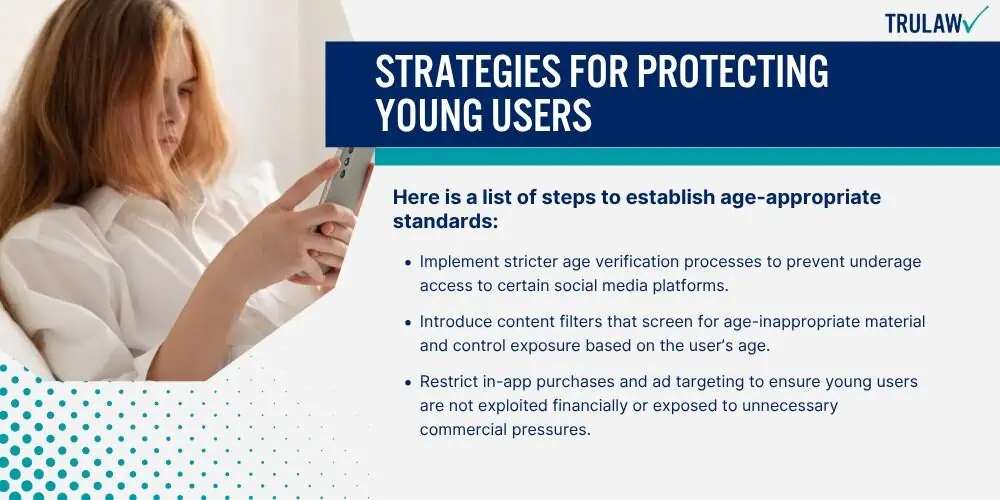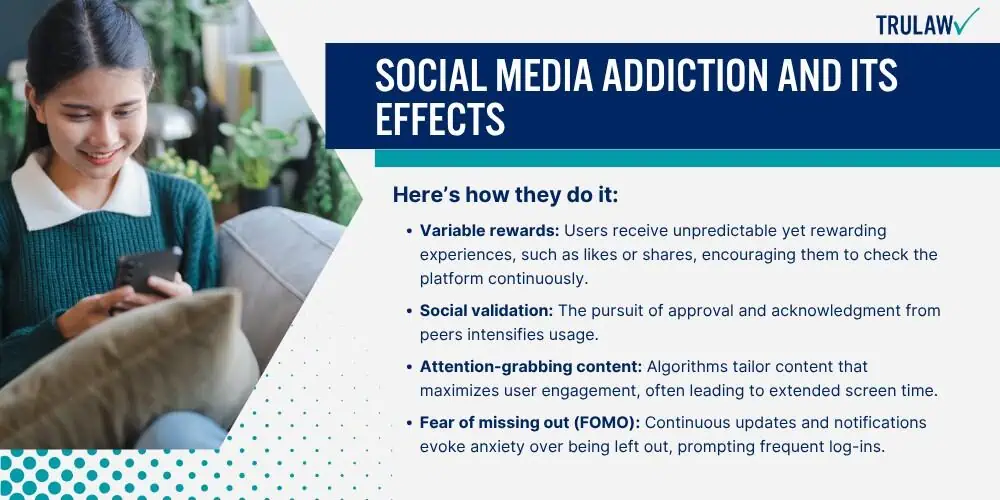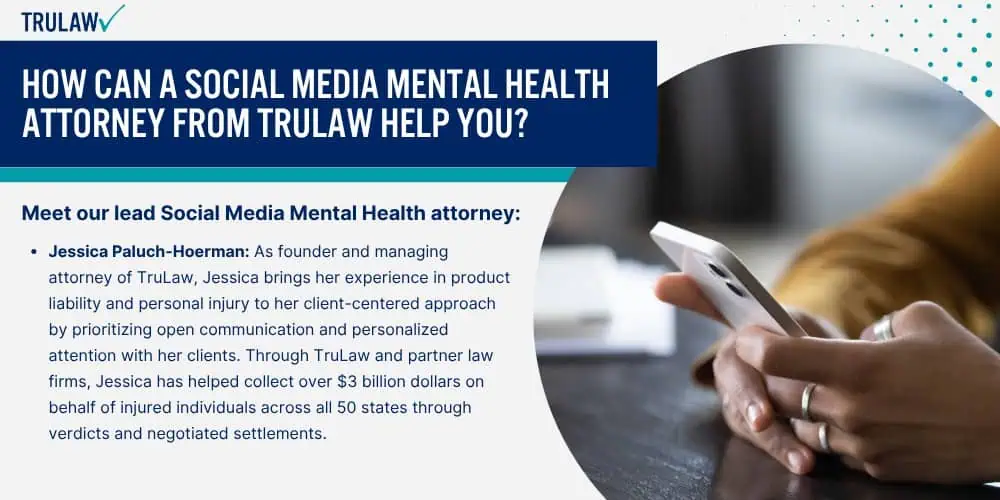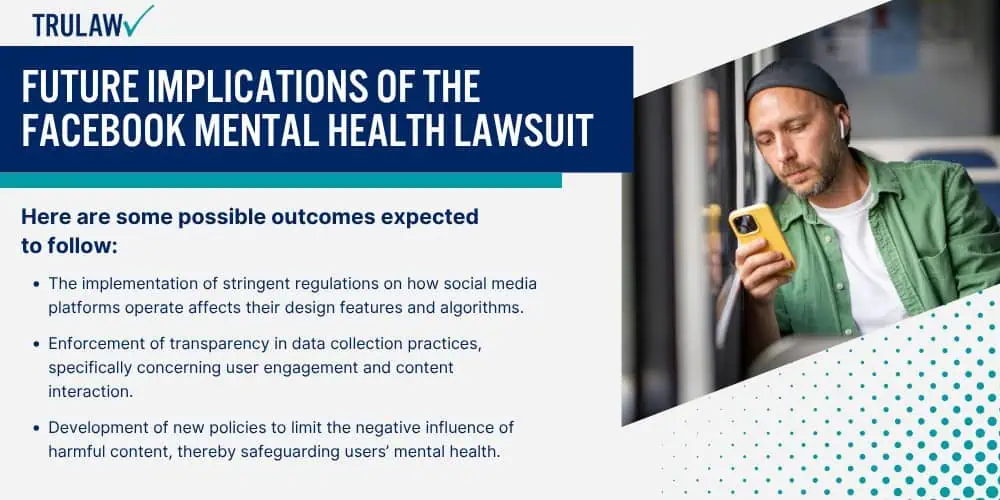The lawsuits brought against Facebook have cast a spotlight on the complex relationship between social media and mental health, particularly among young users.
This section examines the evidence and concerns raised regarding the platform’s influence on psychological well-being.
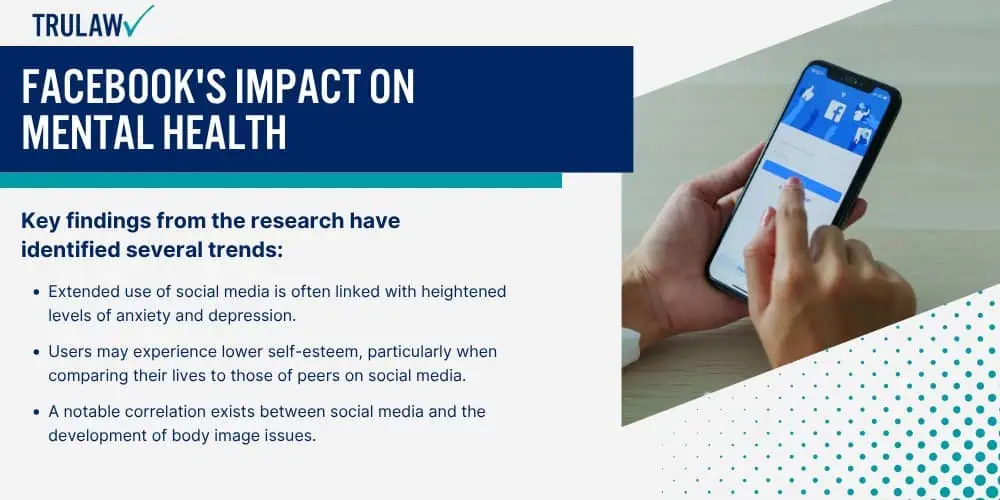
Research Findings on Social Media and Mental Health
Various studies have detailed the association between social media usage and mental health.
Key findings from the research have identified several trends:
- Extended use of social media is often linked with heightened levels of anxiety and depression.
- Users may experience lower self-esteem, particularly when comparing their lives to those of peers on social media.
- A notable correlation exists between social media and the development of body image issues.
- The pressure to maintain a certain persona online can lead to emotional distress.
Social Media and Youth Mental Health Crisis
As the digital age intensifies, so do concerns over social media’s influence on the younger generation, particularly regarding its impact on their mental health and development.
Concerns about the effects of social media on children’s mental health are growing, with particular focus on:
- The increased risk of cyberbullying and its subsequent impact on a child’s well-being.
- Social media acts as a conduit for peer pressure, intensifying stress and anxiety.
- The impact of social media on sleep patterns, as excessive use, especially before bed, can disrupt sleep.
- Difficulty in separating social media from reality can affect young users’ perception of self and others.
Evidence from the Facebook Whistleblower
The revelations brought forth by a former Facebook employee have shed light on alarming aspects of the platform’s operations, underscoring a troubling disregard for user welfare.
The testimony of a Facebook whistleblower has provided unsettling insights into the platform’s practices:
- Internal documents indicate Facebook’s awareness of the negative mental health effects, particularly on teenagers.
- Evidence suggests that the platform prioritized growth over users’ well-being, especially concerning children and teens.
- An acknowledgment of algorithms that intensified exposure to harmful content related to eating disorders and depression.
- Reports of inadequate measures to address known issues contribute to the spread of toxic content affecting users’ mental health.
